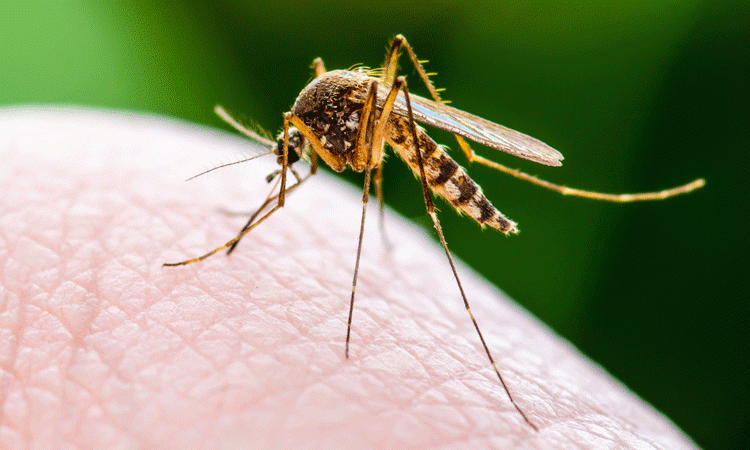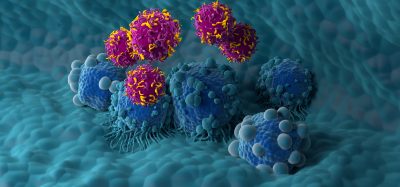Screening identifies gene which protects cells from Zika virus
Posted: 26 July 2019 | Victoria Rees (Drug Target Review) | No comments yet
Researchers used screening to discover genes that protect the body against the Zika virus, which could inform potential therapies against the virus.


A study has used genetic screening to identify genes which protect cells against the Zika viral infection. According to the researchers, their findings could lead to the development of a treatment for Zika and other infections.
Our results provide a better understanding of key host factors that protect cells from ZIKV infection
The research, conducted by Tel Aviv University, Israel, used a CRISPR-Cas9 technique to edit genes. They used this to activate every gene in the genome in cultured cells and then infected the cells with the Zika virus.
While most cells die after Zika infection, the study found that some survived due to over-expression of some protective genes.
“We then used next-generation sequencing and bioinformatic analysis to identify a number of genes that enabled survival, focusing on one of these genes called IFI6. A previous screen conducted by another research group had identified this gene with respect to its role vis-à-vis other viruses,” said Dr Ella Sklan, who led the investigation.
The IFI6 was reported to show high levels of protection against the Zika virus both by protecting cells from infection and by preventing cell death. Although its mode of action is unknown, the researchers say that if mimicked, it may one day serve as the basis for the development of a novel antiviral therapy.
The researchers then used placenta tissues to observe that IFI6 genes were induced when infecting the placenta with Zika, indicating that they may play a protective role in this tissue as well.
“Our results provide a better understanding of key host factors that protect cells from ZIKV infection and might assist in identifying novel antiviral targets,” concluded Sklan. Moving forwards, the researchers hope to discover the mechanism by which the IFI6 gene inhibits infection.
The study was published in the Journal of Virology.
Related topics
CRISPR, Drug Targets, Genetic Analysis, Screening
Related conditions
Zika virus
Related organisations
Journal of Virology, Tel Aviv University
Related people
Dr Ella Sklan








